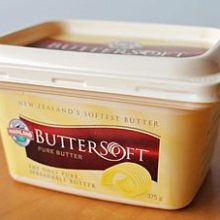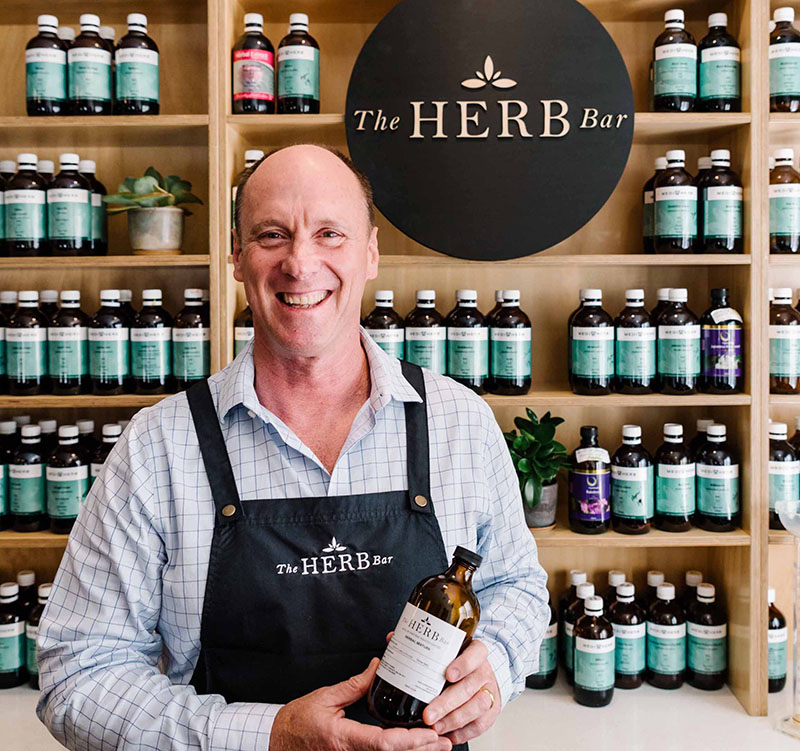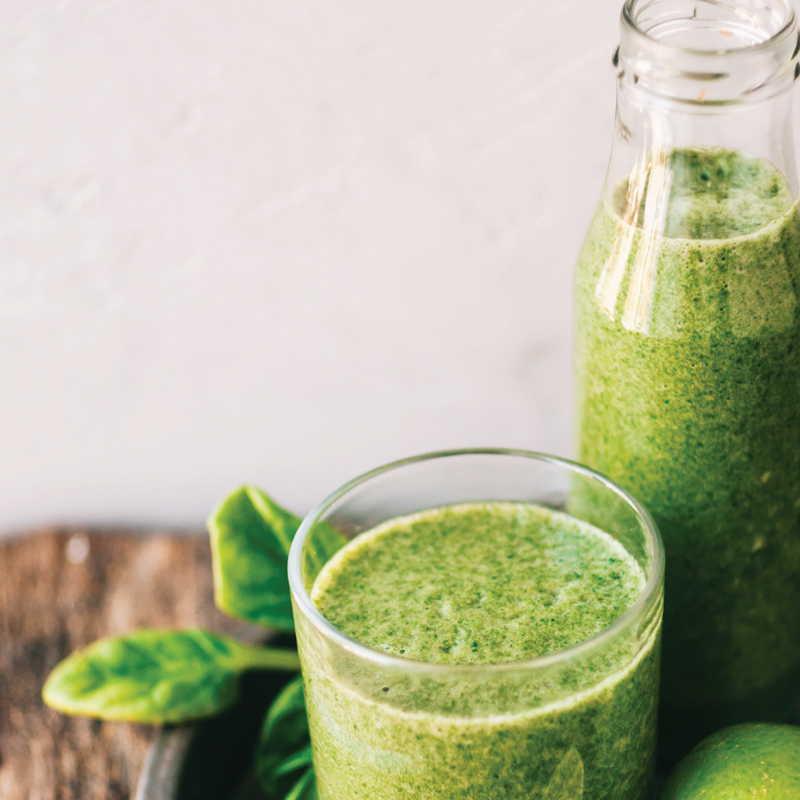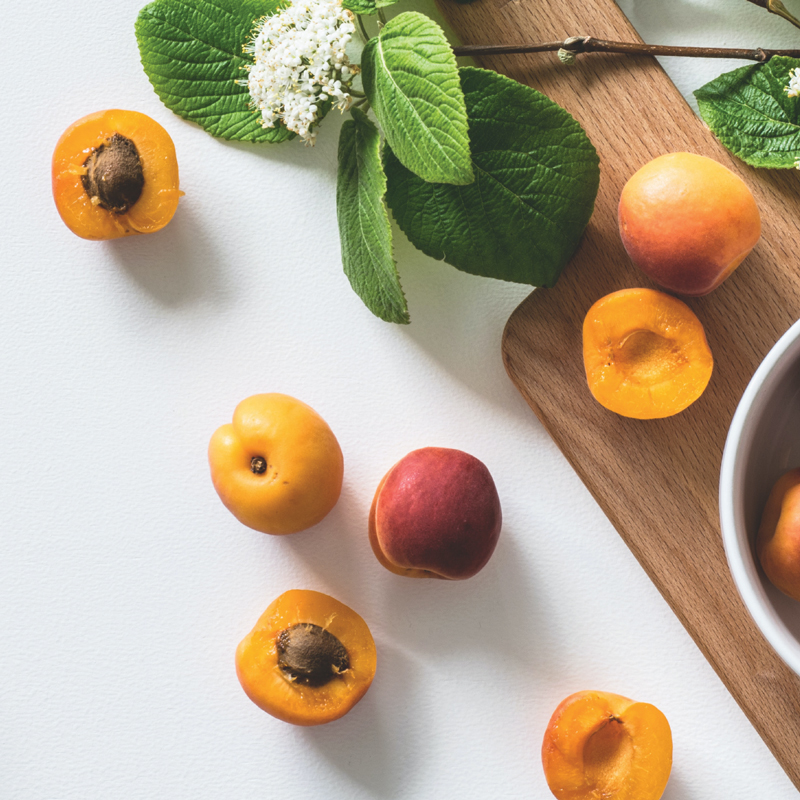
Butter or margarine – Which is better for you?
During the rise of diet culture in the 1980’s we were fed the low-fat ideology – that ALL fat was bad and cutting it out was the way to a long healthy life. Whilst margarine has been around for about 160 years, it really came into the spotlight during this anti-fat era and the debate over which was better for your health, butter or margarine, has raged fiercely ever since.
The message fed to us from our governing health authorities is that margarine is better for your heart, cholesterol levels and overall health, whilst butter is bad for your heart and leads to weight gain…. But what is the truth behind this? The latest scientific research says it’s not that simple. So, let me break it down for you and tell you why I think good quality butter is better.
Butter
The origin of butter can be traced back as far as the 12th century when nomads carrying milk in skin bags unknowingly churned butter by repeatedly sloshing the milk whilst travelling across vast lands. This story to me symbolises why butter is far superior to margarine on a very basic level – it is simple wholefood ingredients: pure cream (separated from milk), water and salt (the only added ingredient).
Butter provides essential vitamins, minerals and fatty acids. The key players include: fat soluble vitamins such as vitamin D, A , E and K2. We know that vitamin D, A and E are essential for bone health, immune support and protecting against cellular damage, but the superhero of butter is vitamin K2. Vitamin K2 works to usher calcium into all the right places such as bone and teeth, promoting bone mineral density and protecting against osteoporosis. Vitamin K2 is a less common nutrient found only in certain foods (grass fed butter and meat, egg yolks and fermented foods) but it really is so important for it’s cardioprotective properties. Yes, you read right, vitamin K2 found in grass fed butter is cardio-protective! It works by inhibiting arterial calcification – put simply, it stops the hardening of arteries which is the most common marker for heart disease. BUT to benefit from vitamin K2 the butter must be from grass-fed cows. Vitamin K1 is found in pasture grasses and then converted by the cow’s digestive processes to vitamin K2. Just like our health is driven by our diet, so is the health and diet of the animals and animal products we choose to consume. Another excellent reason to buy organic grass fed…. Like you needed another reason!
So those are the nutritional benefits, but what about the fat found in butter? Afterall fat has been the known villain for the last 40 years. Butter does contain more saturated fat than margarine. Saturated fat consumed in excess will raise LDL (bad) cholesterol which can lead to heart disease, however, saturated fat consumed in moderation from natural sources like grass fed butter, is beneficial. Firstly, fat is made up of different types of fatty acids and fatty acids are required for the absorption of fat-soluble nutrients such as vitamins A, D, E and K2. Secondly, dietary fat is essential for every cell in the body. Fatty acids are used as a source of fuel for the whole body and it is suggested that saturated fat is the preferred fuel for the heart. Fat is required for cellular function to assure fluidity, flexibility and permeability of the cell membrane as well facilitate transport of proteins between cells. Additionally, fat is required to produce hormones, including sex hormones such as testosterone and oestrogen. Of course, saturated fat consumed in excess and from less than wholesome sources (processed foods) is detrimental and can lead to high cholesterol and inflammation, however when consumed moderately from wholefood sources it can be hugely beneficial.
Butter also contains butyrate, a short chain fatty acid that provides fuel for the cells lining your digestive tract and bowel. It is a powerful anti-inflammatory, supporting the health and healing of these cell whilst also protecting against bowel cancer and helping to relieve symptoms associated with IBS.
Margarine
Margarine is made from plant-based oils but in this instance, plant-based is not the healthier option! Margarine was first developed in the mid 1800’s as a cheaper substitute to butter. To make margarine plant seeds like rapseed (aka canola) and sunflower seed are harvested, the oil is extracted and then mixed with milk, water, palm oil, salt and additives (colours, acids, preservatives, vitamins, thickeners).
Margarine is usually made from genetically modified (GMO) crops that have been heavily treated with pesticides. There are currently three permissible GMO crops in Australia, two of which canola and safflower, are both used to create margarine. When it comes to production of these crops, vegetable oils can’t be extracted just by pressing or separating naturally – they must be chemically removed, deodorised and altered.
Finally, to be turned into margarine, the vegetable oil must go through hydrogenation to make it solid at cold temperatures, which is where trans-fats are created. At this stage, the product is a flavourless grey blob, so additives and preservatives are now added to give a colour and taste similar to butter.
Margarine is marketed as the healthier option due to the polyunsaturated fatty acids (the good fats) and plant sterols found in the vegetable oils as they reduce levels of bad cholesterol (LDL’s) making them cardioprotective. However, the denaturing of these beneficial oils plus the compromised source from which they came far outweighs the nutritional benefits for me. Additionally, the trans fats caused from the hydrogenation process increase levels of bad cholesterol whilst lowering levels of good cholesterol, increasing the risk of disease.
The final take-away; choose butter over margarine but consume consciously and moderately.
Our tips for the best type of butter:
- Make your own – it is somewhat time consuming, but well worth it. You can be in control of creating a pure butter using quality ingredients
- Buy organic grass-fed butter – even Coles and Woolworths have their own affordable organic option these days! Remember the source of the butter matters, to truly benefit nutritionally butter must be organic from grass fed cows (or goats or sheep!)
*If you find it too hard to spread – let it come to room temperature and blend with ¼ – ½ cup of extra virgin olive oil. Make it super nutritious by adding the liquid from two quality vitamin E capsules, this will increase antioxidants. Pour the butter into a container and leave in fridge to set - If time and convenience are key – opt for Mainland Buttersoft, a spreadable butter with minimal ingredients
- Try to buy unsalted where possible – manufacturers often use a commercially prepared salt. If making your own from scratch OR blending to create a spread, why not add a touch of Himalayan or Celtic salt?
Yours in health,
Peter
Have you been living with a health condition for years that hasn’t responded to conventional medicine effectively? Or are you simply not feeling your best?
Click here to download our free guide with tips and steps you can take to feel well again, naturally. This guide covers everything you need for healthy living – diet, sleep, stress and supplements.







